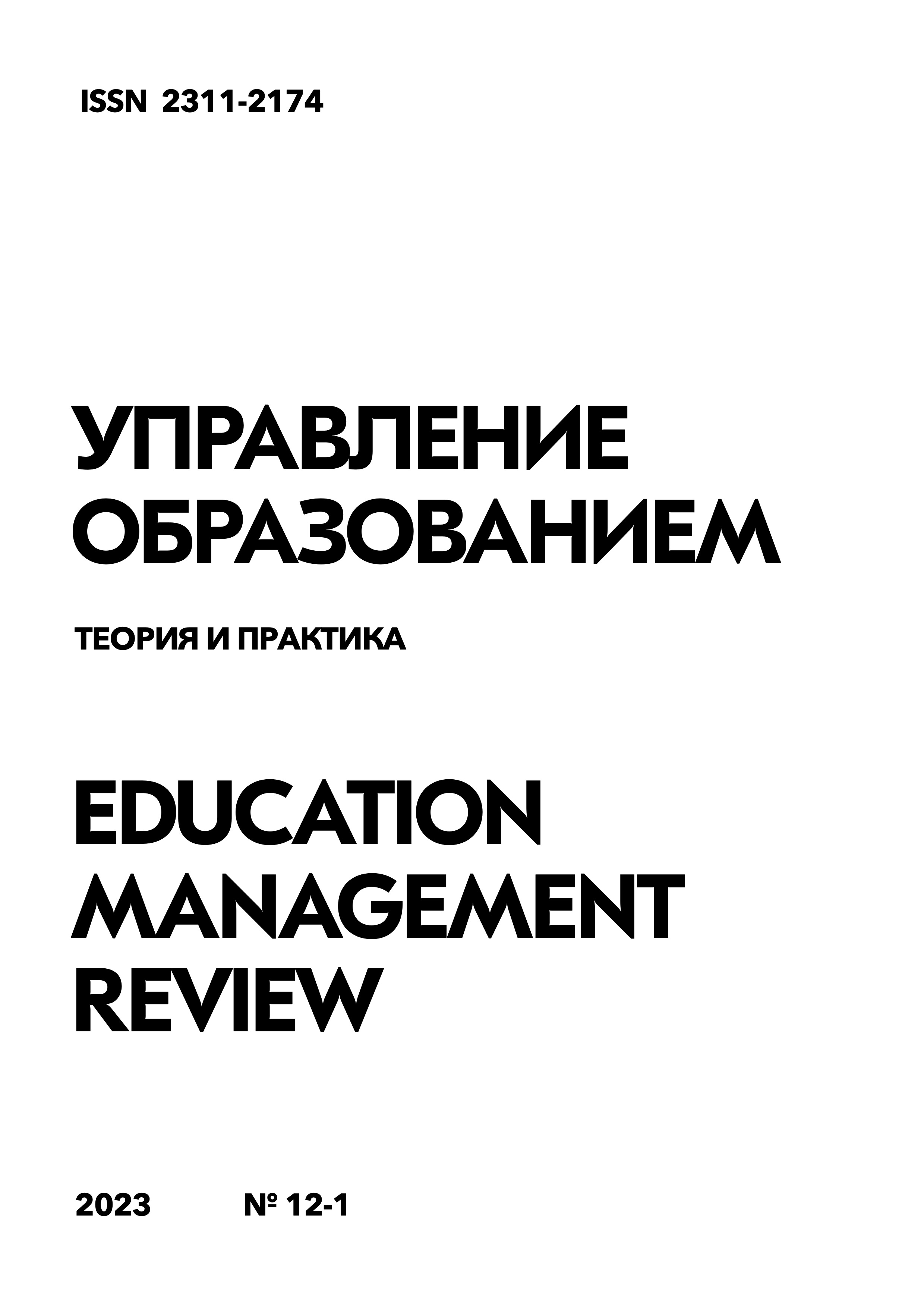Digital socialization of high school students as a pedagogical problem
DOI:
https://doi.org/10.25726/m4733-4522-8808-eKeywords:
digital socialization, high school students, research, trends, challenges and prospectsAbstract
The article reveals the digital socialization of high school students as a pedagogical problem, representing a comprehensive study of the digital environment in which the main focus is on identifying the influence of digital technologies on the social and psychosocial component of the digital socialization of high school students. The article touches on the theoretical basis of digital socialization and identifying trends in the use of social media and gaming platforms by high school students. The study reflects the evolution of interests and Internet interactions in the digital environment, examines approaches to a comprehensive definition of digital socialization, describes the main challenges and prospects for minimizing these challenges. The study provides a theoretical basis for the formation of new approaches to education using digital technologies as part of the study of the socialization of high school students in the digital environment. The transition from games to communication emphasizes the integration of digital space into everyday life. Today, the most popular messengers for convenient and quick correspondence among high school students are WhatsApp and Telegram, which have the ability not only to exchange messages, but also photos and videos. Schoolchildren prefer to make video calls and virtual meetings on platforms such as Zoom and Skype because they provide the opportunity for full interaction. These platforms became relevant during the pandemic, when the whole world was forced to switch to remote living.
References
Войскунский А.Е., Евдокименко А.С., Федунина Н.Ю. Сетевая и реальная идентичность: сравнительное исследование // Журнал Высшей школы экономики. 2013. Т. 10, № 2. С. 98-121.
Гордеева Е.В., Мурадян Ш.Г., Жажоян А.С. Цифровизация в образовании // Экономика и бизнес: теория и практика. 2021. № 4-1(74). С. 112-115. DOI 10.24412/2411-04502021-4-1-112-115. EDN TNRTIL.
Ефременко Д.В. Сетевое общество: От метафоры к реальности // Социальные сети и виртуальные сетевые сообщества: сб. науч. тр. отв. pед. Л.Н. Верченов, Д.В. Ефременко, В.И. Тищенко. М. 2013. С. 6–10.
Овчинская Е.В. Телевизионные практики россиян в условиях социокультурных изменений: автореф. дис. канд. социол. наук. М. 2017. 20 с.
Плешаков В.А. Киберсоциализация: социальное развитие и социальное воспитание современного человека // Вестник Костромского государственного университета. Серия: Педагогика. Психология. Социокинетика. 2010. №2. С. 15-18.
Пегов А., Пьяных Е.Г. Использование современных информационных и коммуникационных технологии в учебном процессе // Краткий курс лекций. 2010. С. 71. URL: https://www.tspu.edu.ru/images/faculties/fmf/files/UMK/lek.pdf
Уваров А.Ю., Гейбл Э., Дворецкая И.В. Трудности и перспективы цифровой трансформации образования, под ред. А.Ю. Уварова, И.Д. Фрумина: нац. исслед. ин-т "Высшая школа экономики", Ин-т образования. М.: Изд. дом Высшей школы экономики, 2019. 343 с.

